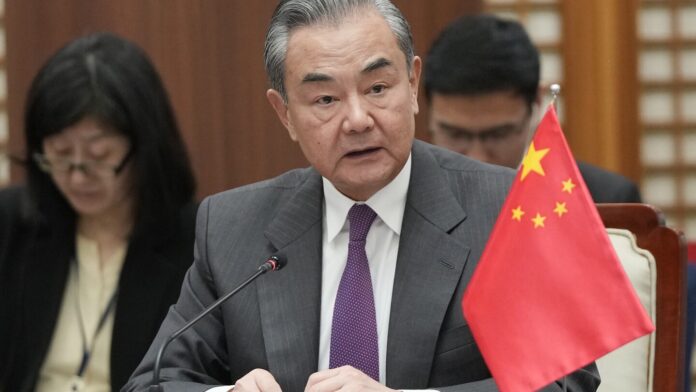Author: William Figueroa
Affiliation: Independent Researcher (PhD from University of Pennsylvania, Sino-Iranian relations)
Organization/Publisher: The Diplomat
Date/Place: May 25, 2021 / USA
Type of Literature: Analysis
Word Count: 1250
Link: https://thediplomat.com/2021/05/can-chinas-israel-palestine-peace-plan-work/
Keywords: China, Palestine, Israel, Middle East, Two-state solution, Iran, US
Brief:
As Israel pounded Gaza in its latest aggression against Palestinians in the middle of May, many speculated that China had gotten a chance to push back the US in the Middle East and the criticism of Beijing’s handling of Uyghurs in East Turkistan. This analysis, however, shows why Beijing lacks that leverage against Washington. The author reflects on China’s four-point proposal for peace in the Middle East, terming Beijing’s package as within the consensus of the international community that calls for a two-state solution to the conflict. Although China’s Foreign Minister Wang did ask Israel to “exercise restraint in particular” while urging “both parties to the conflict to immediately stop military and hostile actions”, this piece suggests Beijing is closer to Tel Aviv than to any other Middle Eastern country. The author bases his argument on several factors: bilateral trade is around $15 billion with China as the second-largest importer of Israeli goods; and many times, the US has expressed reservation with Tel Aviv over its building partnership with Beijing. As the Peoples’ Liberation Army of China continues to build its Artificial Intelligence based military, technology from Israel has come handy. Tel Aviv has been the second top supplier to China, after Russia, providing weapons systems “and as a conduit for sophisticated military technology.” Israel is seen as a research and development (R&D) lab for China after close cooperation in many projects. The two sides have a 2010-signed “R&D Cooperation Agreement,” and the Shanghai Municipality also funds a similar agreement with the Israelis. The author identifies that despite its rhetoric of standing by the Palestinian cause, at the Fourth Ministerial China-Arab States Cooperation Forum in Tianjin (2010), Beijing refused to sign a resolution which said East Jerusalem will be the capital of an independent Palestinian state. He sees pressure from Israeli lobbyists over Beijing’s decision not to side with Palestinians in this regard. Israel is not interested in having China act as a mediator, and it offers economic and technology cooperation in return.
By: Riyaz Ul Khaliq, CIGA Non-Resident Research Associate




